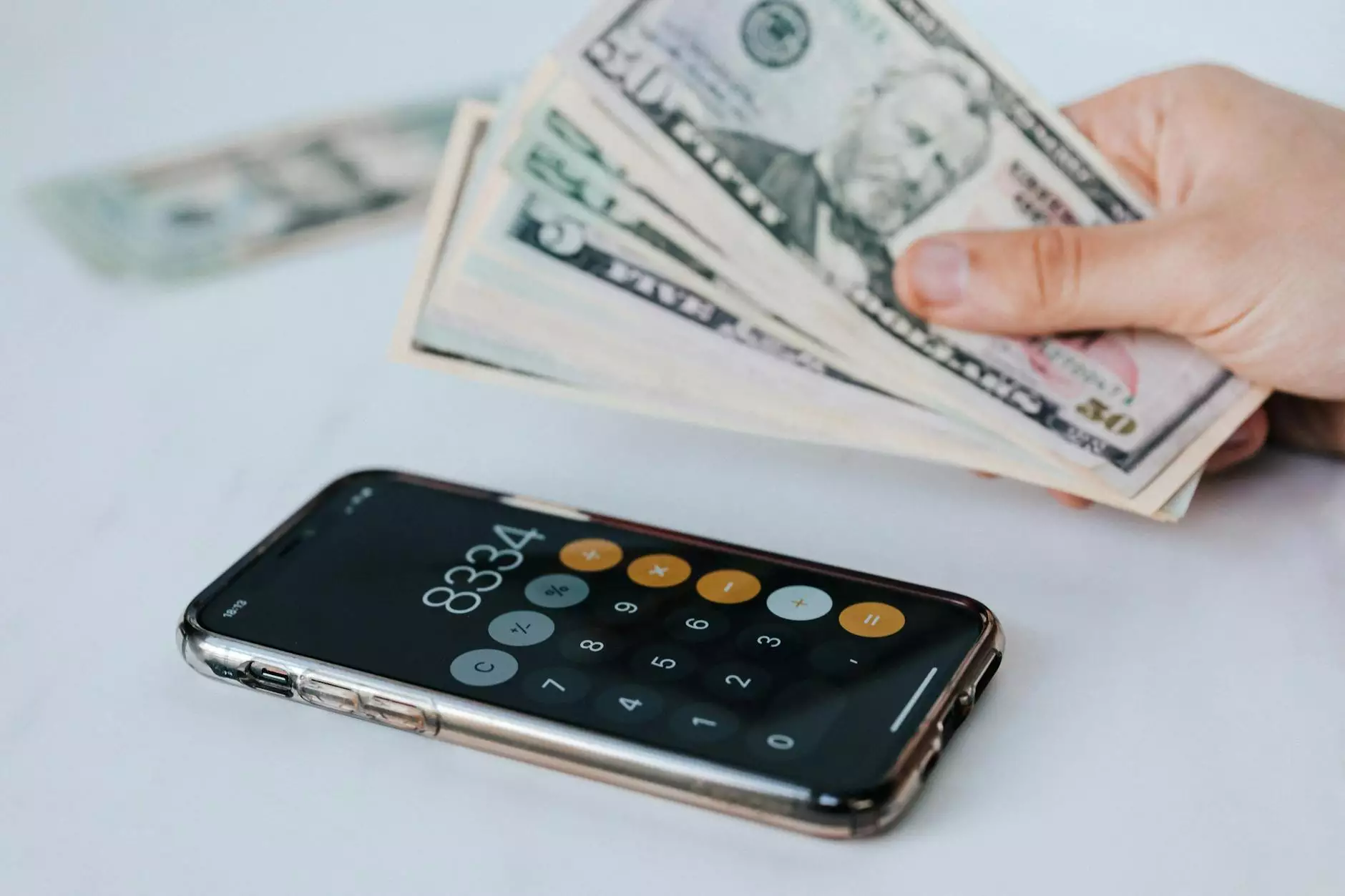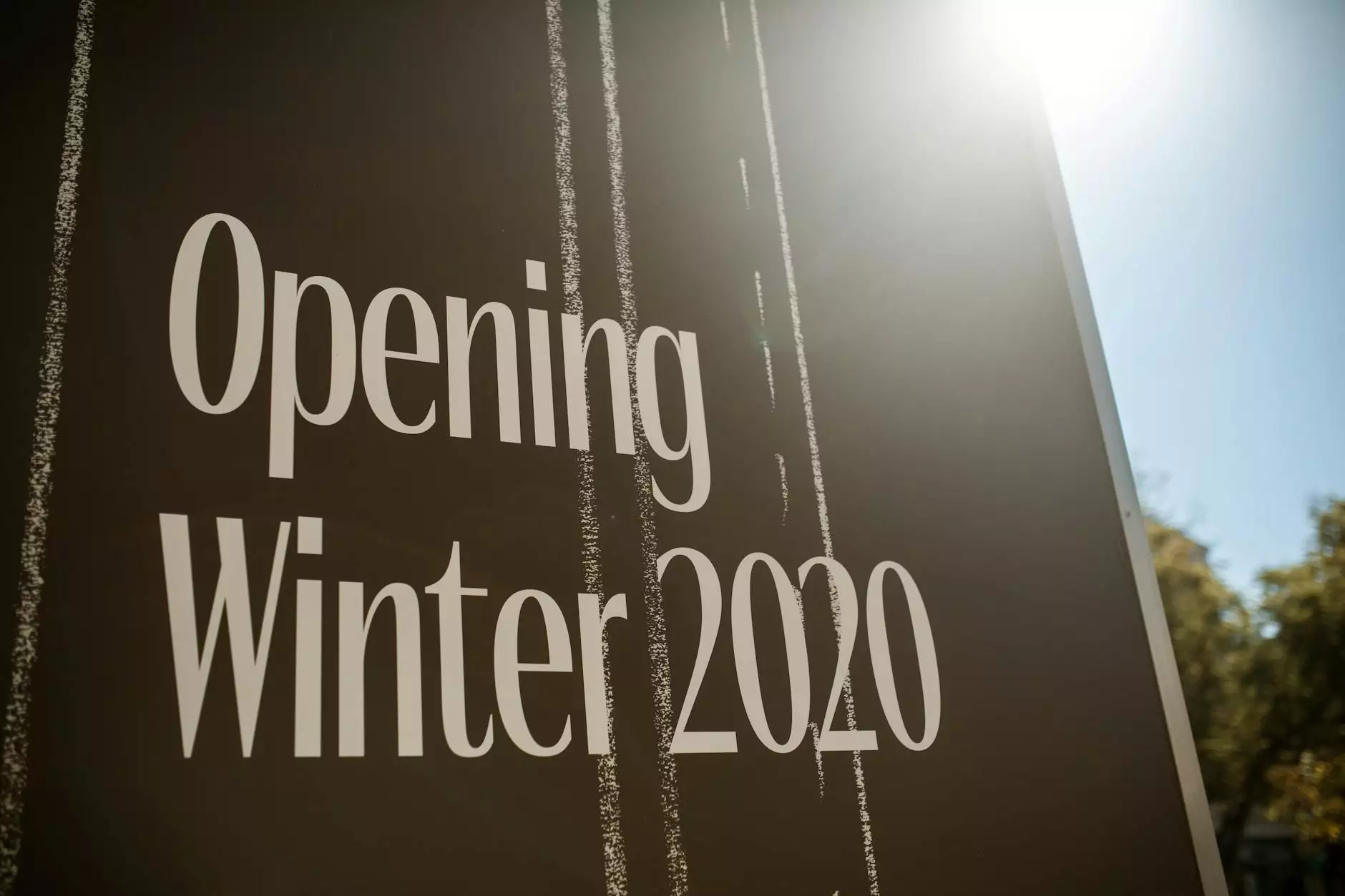How to Make a Booking App: A Comprehensive Guide

In today's fast-paced digital world, having an efficient booking app has become essential for businesses across various industries, from hospitality to healthcare. In this article, we will explore how to make a booking app that stands out in the market, driving user engagement and satisfaction. Whether you're a seasoned developer or a business owner, this guide will provide you with the necessary insights to create a robust booking application.
Understanding the Need for a Booking App
Before diving into the technical aspects, it's crucial to understand why a booking app is necessary. A booking app simplifies the scheduling process for users, provides a seamless experience, and increases business efficiency. Here are some reasons why investing in a booking app is beneficial:
- Convenience: Users can book services anytime, anywhere, without the need for phone calls.
- 24/7 Availability: Your services can be booked at any time, enhancing customer satisfaction and income potential.
- Time Management: Helps businesses manage appointments and services by reducing overhead.
- Automated Reminders: Send notifications to reduce no-show rates and keep users informed.
- Data Insights: Analyze user behavior and preferences through booking history.
Essential Features of a Booking App
To create an effective booking app, certain features must be integrated to enhance user experience and functionality. Here are key features to consider when developing your application:
1. User-Friendly Interface
A simple, intuitive interface is key to ensuring users can navigate the app effortlessly. Consider incorporating:
- Clear Call-to-Actions: Make buttons for booking and inquiries prominent.
- Search Functionality: Allow users to easily find services.
- Visual Aids: Use images and videos to showcase services.
2. Secure User Authentication
Ensuring the security of user data is paramount. Implement multi-factor authentication to safeguard sensitive information.
3. Real-Time Availability
Integrate a feature that allows users to see available slots in real-time. This alludes to customer satisfaction by preventing overbooking and ensuring that customers can book at their preferred times.
4. Multiple Payment Options
Offer various payment methods, including credit/debit cards, e-wallets, and even cryptocurrency, allowing users to choose their preferred payment option. This can enhance your app's usability.
5. Notifications and Reminders
Automated push notifications remind users of their upcoming bookings, changes, or promotions.
6. Feedback System
Incorporate a feedback and review system where users can rate their experience and leave comments. This not only provides users with a platform to share their opinions but also helps you improve the service quality.
Choosing the Right Technology Stack
When learning how to make a booking app, selecting the appropriate technology stack is critical. The technology you choose determines the app's performance, scalability, and user experience. Here are some technologies to consider:
1. Frontend Development
For the frontend, frameworks like React Native or Flutter are excellent choices. They enable cross-platform development, allowing you to build apps for both iOS and Android with a single codebase, improving development efficiency.
2. Backend Development
Node.js is popular for backend development due to its non-blocking architecture, which helps manage multiple requests simultaneously. Python, particularly with Django or Flask, is also a great choice for its simplicity and robust libraries for handling databases.
3. Database Management
A database is vital for storing user data, schedules, and transaction records. Consider using:
- MySQL: Great for relational data.
- MongoDB: Ideal for non-relational data structures.
4. Cloud Services
Consider using cloud services like AWS or Google Cloud for hosting your application and managing data. These services offer scalability and reliability, essential for handling increased user loads.
Designing User Experience (UX)
User experience is paramount in retaining customers. A well-designed booking app should guide users through their booking journey seamlessly:
1. Onboarding Process
Provide a quick onboarding process that familiarizes users with the app's features. A walkthrough tour or tutorial enhances user understanding.
2. Simplifying Navigation
Utilize clear icons and labels, ensuring users can navigate through the app without confusion.
3. Performance Optimization
Optimize the app's performance by minimizing load times and ensuring fast transitions between pages. This can significantly enhance user satisfaction.
Implementing Marketing Strategies
Once your booking app is developed, marketing it effectively is crucial for gaining visibility and attracting users. Here are some strategies:
1. Social Media Marketing
Utilize platforms like Instagram, Facebook, and LinkedIn to promote your app. Showcase your services, share user testimonials, and engage with potential customers.
2. Search Engine Optimization (SEO)
Optimize your app's landing page and app store listings with relevant keywords, including how to make a booking app. Focus on local SEO strategies if your services are region-specific.
3. Content Marketing
Create engaging content like blogs and videos that highlight the benefits of using your booking app. Educational content helps establish authority in your niche.
4. Influencer Partnerships
Collaborate with influencers within your industry who can promote your app to a wider audience effectively.
Measuring Success and Feedback
After launching your booking app, it's essential to monitor its performance and gather user feedback continually. Key metrics to consider include:
- User Acquisition Rates: Track how many users are downloading and using your app.
- User Engagement: Analyze how frequently users book through the app.
- User Retention Rates: Measure how many users return after their first booking.
- Revenue Metrics: Assess the income generated through your booking app to gauge its financial success.
Set up feedback mechanisms to capture user experiences and suggestions. Regularly updating your app based on this feedback ensures you meet user expectations and stay competitive.
Conclusion
Creating an efficient and user-friendly booking app is not just about incorporating a multitude of features but delivering a seamless experience that users will love. By understanding how to make a booking app, focusing on essential functionalities, employing the right technologies, and committing to continuous improvement, you will be well on your way to establishing a successful business tool. As a comprehensive guide, this resource aims to equip you with the knowledge and strategies necessary to thrive in the highly competitive market of booking applications. Start building your app today and watch your business flourish!









